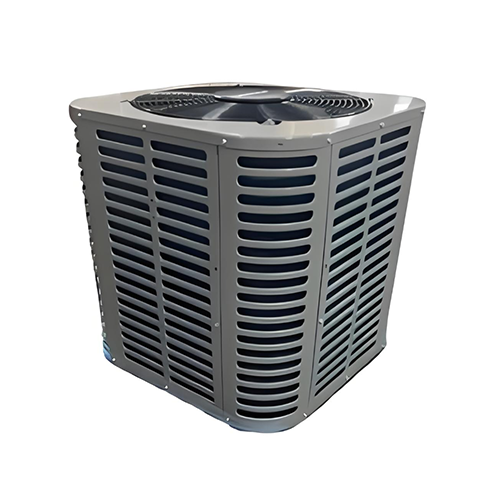A heat pump is a versatile and energy-saving system that provides both heating and cooling for homes, businesses, and industrial spaces. As the demand for eco-friendly temperature control solutions grows, many are turning to high-efficiency heating systems like heat pumps to reduce energy bills and carbon emissions.
Whether you’re considering a new installation or upgrading an old unit, this guide will help you understand how heat pumps work, their key advantages, and how to choose the right system for your space.
How a Heat Pump Work
Instead of generating heat, a heat pump moves it. During colder months, it extracts warmth from outside sources—air, ground, or water—and transfers it indoors. When cooling is needed, it reverses the cycle to act like an air conditioner.
Common types include:
- Air-source models – popular for residential use due to easy installation
- Ground-source or geothermal systems – ideal for consistent year-round performance
- Water-source variants – often used in buildings with access to lakes or wells
These systems are now widely accessible through global HVAC distributors and certified heating equipment suppliers.
Why Heat Pumps Are in Demand
Homeowners and building managers are choosing modern heat pump systems for several reasons:
- Reduced energy consumption – Especially compared to traditional electric or gas systems
- Dual functionality – One unit handles both cooling and heating
- Lower operating costs – Over time, they pay for themselves through savings
- Sustainability – Ideal for reducing carbon footprint in homes or businesses
- Compatibility with renewable energy – e.g., solar-assisted operation
As a result, more buyers are searching for energy-efficient heat pump solutions or renewable heating systems tailored to regional climates.
Top Applications of Heat Pump
Heat pumps are used in a wide range of environments:
- Home heating and cooling systems
- Apartments and office buildings
- Hospitals, schools, and public facilities
- Factories and warehouses needing reliable climate control
- Swimming pool temperature maintenance
With growing interest in green energy HVAC equipment, it’s common to see demand for commercial-grade heating units and compact residential systems across various industries.
What to Consider Before Purchasing a Heat Pump
If you plan to buy a new heat pump, here’s what to evaluate:
- Climate compatibility – Choose a model designed for your region, especially cold climate heat pump systems
- System size and capacity – Based on your building’s square footage and insulation
- Efficiency ratings – Look for high SEER and HSPF values for better performance
- Installation method – Options include ducted central systems or mini-split heat pumps
- Noise level and aesthetics – Especially relevant for indoor or residential installations
- Supplier reliability – Consider certified HVAC system distributors with after-sales support
Shoppers searching for affordable heating systems often compare options online before contacting a local or international heat pump supplier.
Trending Long-Tail Heat Pump Product
Today’s market includes many specialized units catering to different needs:
- Inverter-driven air source heat pumps
- Split heat pump water heaters
- Geothermal systems for sustainable homes
- Wall-mounted ductless heat pumps
- Solar-integrated hybrid units
- Three-phase industrial heat pumps
- Outdoor swimming pool heating pumps
These terms are commonly searched by users looking to order heat pumps online, especially in regions with fluctuating seasonal temperatures.
Where to Source Heat Pump
Whether you’re looking for a bulk supplier or want a custom-designed system, there are many ways to source quality heat pump products:
- ISO-certified heating manufacturers
- Exporters offering fast global delivery
- Online HVAC platforms with transparent pricing
- Wholesale energy system providers for contractors
- Authorized regional distributors offering installation packages
It’s advisable to request full technical specifications before purchase and verify that your product includes a performance warranty.
Maintenance Best Practice
To keep your system running efficiently:
- Clean filters and inspect airflow every few months
- Remove obstructions around outdoor units
- Have refrigerant levels checked by professionals
- Schedule yearly inspections for long-term reliability
With regular upkeep, most units operate smoothly for over 15 years.
Conclusion
Heat pumps are a smart investment for efficient year-round climate control. Whether you’re looking for a compact residential heat pump, a commercial heating solution, or a renewable-friendly HVAC system, there are countless options that combine innovation, reliability, and sustainability.
If you’re in the market for advanced heat pump technology, BESQO Marine delivers a complete range of solutions designed to meet both home and industrial needs — backed by quality assurance and expert support.
